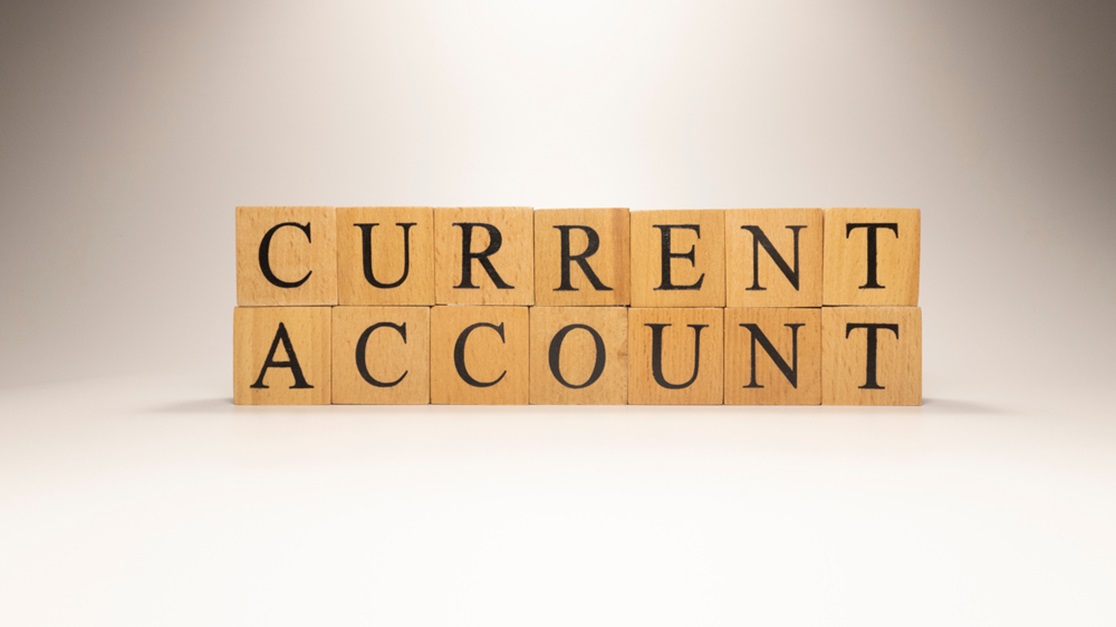How to Use a Current Account for International Transactions
April 15, 2025

In today's interconnected world, businesses often need to engage in international transactions. A current account equipped for global banking can be a powerful tool for managing cross-border finances effectively.
Setting Up Your Current Account for International Use
Before diving into international transactions, ensure your current account is properly set up:
- Inform your bank about your intention to conduct international transactions
- Verify if your account has international transaction capabilities
- Understand the fees and charges associated with global banking
1. Activating Foreign Currency Services
To enable smooth international transactions current account, consider these steps:
- Request foreign currency services activation from your bank
- Set up multi-currency sub-accounts if available
- Familiarize yourself with SWIFT codes and IBAN numbers
2. Managing Currency Exchange
Effective currency exchange is crucial for international finance:
- Stay informed about exchange rates
- Consider forward contracts for large transactions
- Use your bank's online platforms for real-time rate information
3. Optimising Exchange Rates
To get the best rates:
- Time your transactions based on market trends
- Compare rates offered by your bank with other service providers
- Consider bulk exchanges for better rates
4. Conducting International Transactions
When making or receiving international payments:
- Provide complete and accurate beneficiary details
- Use the correct SWIFT code and IBAN number
- Specify the currency for the transaction
5. Ensuring Compliance and Security
To maintain compliance and security:
- Adhere to international banking regulations
- Use secure banking channels for transactions
- Keep detailed records of all international transactions
6. Leveraging Additional Services
Many banks offer additional services for international transactions:
- Trade finance solutions
- International business advisory services
- Global cash management tools
Final Thoughts
Using a current account for international transactions can streamline your global business operations. By understanding the processes and leveraging the right tools, you can effectively manage your international finances.
Looking to open a current account for your business? Ujjivan SFB offers different types of Current Accounts to meet various business needs. Open a Current Account with Ujjivan and simplify your business transactions.
FAQs
1. What documents are needed for international transactions through a current account?
Typically, you'll need invoices, purchase orders, and sometimes import/export licenses. Your bank may also require additional documentation based on the transaction type and amount.
2. How long do international transactions usually take?
International transactions generally take 1-5 business days, depending on the countries involved, the banks, and the transaction type. Some transactions may be faster with certain banking services.
3. Are there limits on international transactions through a current account?
Yes, banks often impose daily or per-transaction limits for security. These limits can usually be adjusted by contacting your bank and providing necessary documentation.
Latest Blogs

Telangana Housing Board & KPHB Colony: A Guide to Affordable Urban Housing in Hyderabad
March 14, 2025
As Telangana continues its rapid urbanisation journey, two key housing entities—Telangana Housing Board (THB) and Kukatpally Housing Board Colony (KPHB)—have played critical roles in shaping the state's real estate ecosystem.

Does Checking CIBIL Score Frequently Lower Your Credit Points?
April 07, 2025
Imagine you're planning to apply for a home loan, a credit card, or even a car loan. Naturally, you want to ensure your CIBIL score is in good shape before proceeding.

Explained: Can NRIs Buy an Agricultural Land in India?
April 03, 2025
Real estate investment is often a top priority for Non-Resident Indians (NRIs) looking to retain strong financial ties to India.

How to Improve Your CIBIL Score from 600 to 750: A Step-by-Step Guide
April 02, 2025
Your CIBIL score is like your financial reputation—banks check it before approving loans or credit cards. If your score is hovering around 600, you might face difficulties in securing credit or may get loans with higher interest rates.

What Happens When You Leave Your Savings Account Unused?
April 01, 2025
Imagine waking up one day to find that your hard-earned money is locked away and inaccessible. Sounds stressful, right? This is precisely what happens when you leave your Savings Account inactive for too long.





